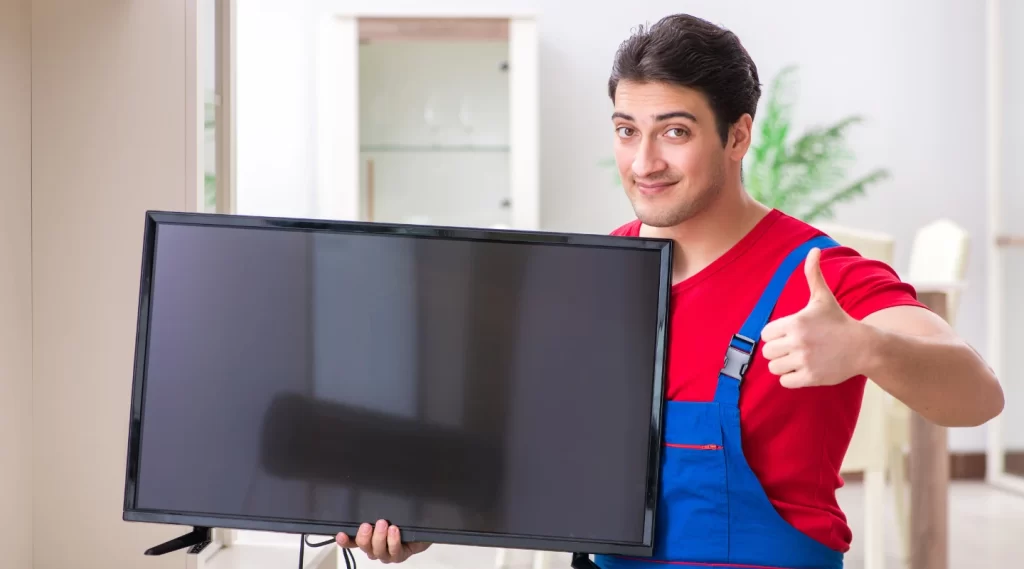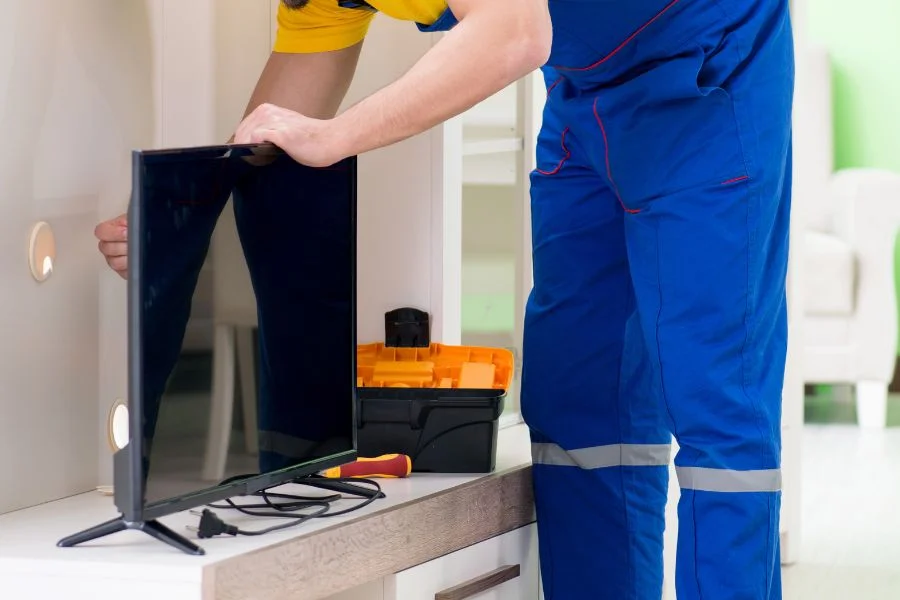When your television starts malfunctioning, the dilemma often arises: should you repair it or replace it? It’s a tricky decision, but with the right knowledge, you can make an informed choice. In this guide, we’ll walk you through the factors that should influence your decision, ensuring that you get the most value for your money without compromising on your viewing experience.
Understanding the Costs: Repair vs. Replace
Before diving into whether you should repair or replace your television, it’s essential to understand the financial implications.
- If the cost of repairs is a significant fraction of the price of a new TV, it may be worth considering a replacement.
- However, if the repair cost is relatively low compared to the price of a new TV, repairing can be a cost-effective solution.
Factors to Consider When Repairing Your TV
Repairs can be a viable option under the right circumstances. Here are a few reasons why you might opt for repairing your television:
- If the issue is relatively minor, such as a broken remote or a loose connection, repairs may be the better option. These fixes are usually quick and inexpensive.
- Still have a valid warranty? That could be your saving grace! Many warranties cover certain repairs, potentially saving you significant expense
- If you have a high-end television model that is less than 5 years old, repairing it may be a more cost-effective option. Modern TVs are built to last, so if the problem is something simple like a malfunctioning power supply, it might be worth fixing.
- Some TV brands, like Samsung and LG, have good reputations for repair services, so opting for a repair might be an easier and more affordable process compared to dealing with less known brands.
When You Should Replace Your TV Instead
There are several scenarios where replacing your television might make more sense than attempting a repair. Here are some situations when it’s better to replace your TV:
- If the cost of repairing your TV is close to or exceeds the price of a new one, it’s often more economical to simply replace it. For instance, replacing a cracked screen or a major component like the motherboard can cost as much as purchasing a new television.
- Televisions have come a long way in terms of technology, from 4K resolution to smart features. If your TV is more than 10 years old, chances are it doesn’t have the features that newer models offer, like built-in streaming apps or superior picture quality.
- If your TV has been in and out of the repair shop, it may be a sign that it’s time to cut your losses. Constant issues can make repairs seem like a never-ending cycle, and the cost of ongoing fixes can quickly add up.
- Over time, picture and sound quality may degrade, especially if the television has been exposed to heavy use. If your TV’s display looks blurry, faded, or doesn’t produce vibrant colors anymore, it might be time to upgrade to a new model with better visual and audio capabilities.
- Older televisions are often much less energy-efficient than newer models. If your TV is consuming a lot of electricity, a replacement might be a good option. Newer models are designed to be energy-efficient, which can help lower your utility bills in the long run.
Is It Time to Upgrade to a Smart TV?
If your TV doesn’t have the capabilities to stream services like Netflix, Hulu, or Disney+, it may be time to replace it with a smart TV. These modern models come with built-in internet access and apps, offering a seamless entertainment experience. Plus, they often come with upgraded picture quality, like 4K or even 8K resolution.
How to Extend the Life of Your TV
If you’ve decided to repair or keep your TV, there are steps you can take to extend its lifespan. Regular maintenance, such as dusting the screen and ensuring proper ventilation, can help. Additionally, using surge protectors and avoiding leaving the TV on for long periods can also prevent damage.
Conclusion: Repair or Replace?
The decision to repair or replace your television largely depends on the nature of the problem, the age of the TV, and the cost of repair. While repairs can be cost-effective for minor issues, replacement is often the better option for major problems or outdated models. Always weigh the repair costs against the price of a new TV and consider the long-term benefits of upgrading to a more energy-efficient and feature-packed model.


